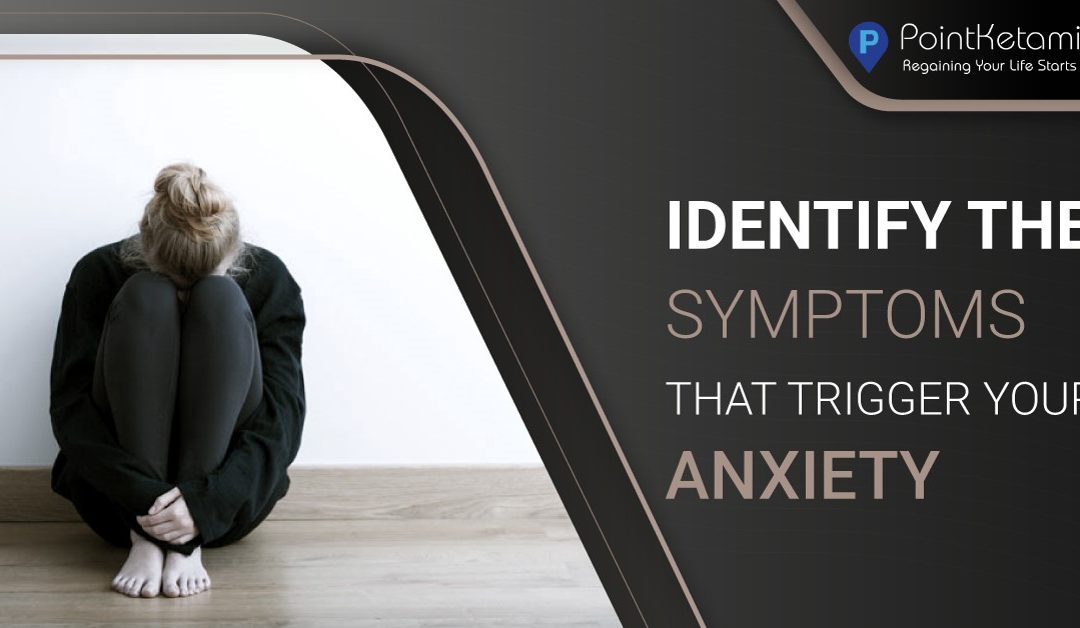Anxiety is one of the most common mental health conditions affecting Americans. Anxiety can cause feelings of worry, fear, or tension. It is likely a combination of factors, including genetics and environmental reasons. Some events, emotions, or experiences may also cause symptoms of anxiety to begin or may make them worse. These elements leading to anxiety are called triggers.
Every person can be affected by different anxiety triggers, but most triggers are common among people with anxiety conditions. Let’s look into some of the common triggers for Anxiety.
- Health Issues: A health diagnosis that’s upsetting or difficult may trigger anxiety or make it worse. This type of trigger is powerful because of the immediate and personal feelings it produces. Talking with a therapist can be helpful; as they can help you learn to manage your emotions around your diagnosis.
- Medications: Certain medications may trigger symptoms of anxiety. The active ingredients in these medications may make you feel uneasy or unwell. These feelings can likely set off a series of events in your mind and body that may work as an additional anxiety trigger.
- Skipping meals: Food can affect your mood. Skipping meals can lower the blood sugar that can lead to jittery hands and a rumbling tummy. As a result can trigger anxiety. Eating balanced meals is important as it provides you with energy and important nutrients
- Negative Thinking: The mind controls much of our body, and that’s certainly true with anxiety. When upset or frustrated, negative thoughts can trigger greater feelings of anxiety.
- Financial Concerns: Worries about money like having debts or saving money can trigger anxiety. Unexpected bills or money fears can also act as anxiety triggers.
- Stress: Daily stresses can also cause anxiety. Long-term or chronic stress can lead to long-term anxiety and worsening symptoms, including other health problems. Stress also leads to behaviors like skipping meals, drinking alcohol, or not getting enough sleep which can trigger or worsen anxiety, too.
Some of the common symptoms of anxiety include uncontrollable worry or fear, muscle tension, faster heartbeat, difficulty in sleeping, concentration issues, physical discomfort, restlessness, etc. Discovering and identifying your symptoms and their triggers is an important step in managing Anxiety.
How Ketamine Treats Anxiety?
Ketamine infusions help treat anxiety by increasing the communication between the nerve cells and the brain. Ketamine therapy reduces the symptoms of anxiety and helps improve a patient’s mood, energy levels, and self-esteem.





